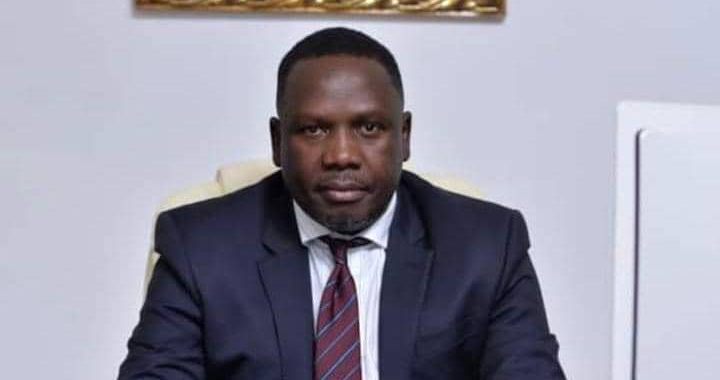
The Special Adviser to President Bola Tinubu on Policy Communication, Daniel Bwala, has retracted his controversial description of Lagos as a “no-man’s land,” following widespread criticism of his remarks during a Wednesday appearance on Arise Television.
In a statement shared on his official X handle later that day, Bwala clarified that Lagos is historically and constitutionally the land of the Yoruba people, insisting that his words had been misinterpreted.
“Don’t misinterpret what I said in my interview this morning. Culturally, historically, and constitutionally, Lagos belongs to the Yoruba people, and that has never been in contention. The unique identity of Lagos as a Yoruba homeland is settled and beyond dispute,” he stated.
Explaining further, the lawyer likened Lagos to global commercial hubs such as New York, Paris, and London, arguing that while it remains rooted in Yoruba heritage, the city has evolved into Nigeria’s foremost cosmopolitan and economic powerhouse.
“What I emphasised was the special place Lagos occupies in Nigeria and indeed West Africa… Lagos provides every Nigerian, regardless of origin, a level playing field to thrive, and in this sense, it mirrors the diversity of our nation while remaining firmly rooted in Yoruba heritage,” he explained.
Bwala stressed that his central argument was the need for deliberate federal investment in Lagos to sustain its role as the country’s economic engine.
“Such support is not because Lagos is ‘no man’s land,’ but because it is the heartbeat of the nation’s development,” he clarified.
During his earlier television appearance, Bwala had described Lagos as “a no-man’s land” and “the pride of Nigeria’s economy,” citing its cosmopolitan character and concentration of major businesses. He also defended the reported allocation of N3.9 trillion worth of federal projects to Lagos over two years, arguing that the city’s commercial importance justified the investment.
His remarks, however, drew sharp backlash, particularly from Yoruba socio-cultural groups and commentators, who insisted that Lagos’ indigenous ownership was not up for debate.
By Wednesday evening, Bwala had walked back his words, stressing that Lagos’ Yoruba identity was “never in contention” and reiterating that his position was only meant to highlight the city’s strategic economic importance to Nigeria.





